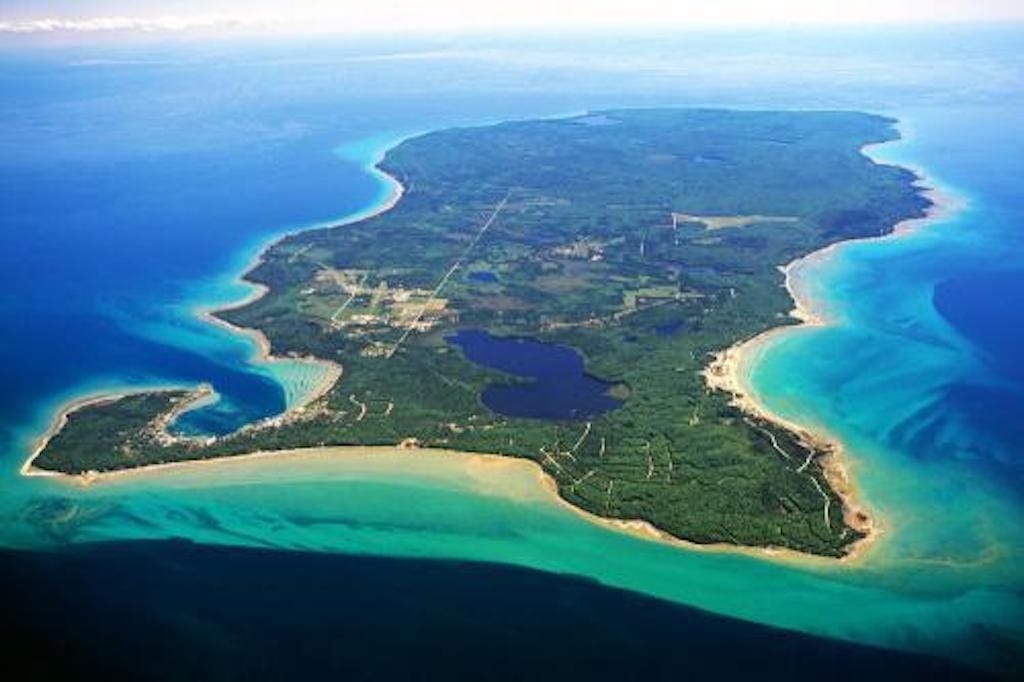Michigan Island Asks FCC to Require Fiber for Some Carriers
Missing out on BEAD-funded fiber could ‘materially impair’ the Beaver Island’s ability to compete, a local committee argued.
Jake Neenan

WASHINGTON, September 22, 2023 – A small Michigan island, Beaver Island, is asking the Federal Communications Commission to require broadband carriers receiving legacy federal funds to lay fiber-optic cable, or face competition from other providers.
The 55-square mile island is the largest in Lake Michigan and had a population of 616, according to the 2021 American Community Survey from the U.S. Census Bureau.
Beaver Island’s Joint Telecommunications Advisory Committee made the request in a September 18 filing to the FCC asking that the commission reconsider its adoption of the Enhanced Alternative Connect America Cost Model, or Enhanced ACAM. That model updates the previous allocation of federal money from the Universal Service Fund to internet providers in rural areas.
The model makes $13.5 billion available through 2028. It allows carriers to continue receiving funding if they upgrade or continue to provide service at 100 Megabit per second (Mbps) upload by 20 Mbps download – regardless of the technology they use to do so.
This, the island’s committee says, will prevent the island from being reached with fiber-optic cable, the highest capacity, most future-proof broadband technology. The Broadband Equity, Access and Deployment program, established in 2021, allocates $42.5 billion for states to expand broadband infrastructure, but disqualifies areas already served by federal funding.
Michigan’s broadband office estimated its portion BEAD funding could provide fiber-based internet to every location in the state currently receiving less than 100 * 20 Mbps service. That covers all of Beaver Island. But the island expects its providers will take the Enhanced ACAM money and update their older, copper-based equipment to meet speed requirements rather than compete at auction for BEAD grants to build fiber.
“Rather than assuring [sic] those areas affected by the Order will receive adequate service,” the filing reads, referring to the commission’s official adoption of the new model on September 1, “the Order instead all but guarantees they will receive a service that will quickly become outdated.”
The committee said in its filing that in order for an Enhanced ACAM recipient to prevent an area from being eligible for BEAD funding, it should be required by the FCC to use fiber.
Providers have until September 29 to accept or deny Enhanced ACAM funding.











Member discussion